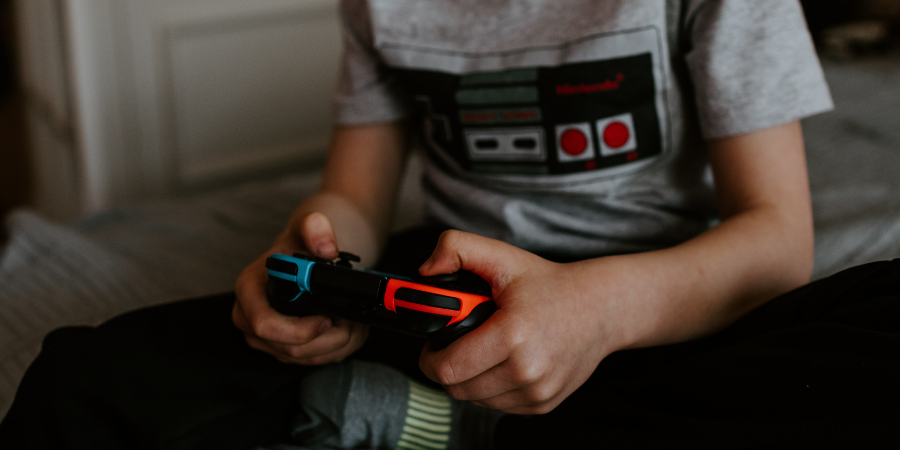By Rick Benson
Teachers and parents will often talk to kids about the dangers of drugs and alcohol, but what about the dangers of gambling? Gambling is something that even children are familiar with, because advertisements are everywhere: from sports games on TV to websites and social media ads.
In some cases, parents can encourage gambling without meaning to, whether it be through sports betting or purchasing lottery tickets. Although most people can gamble responsibly, for some, gambling can become a problematic obsession.
Is Your Child Developing a Gambling Problem?
Don’t automatically assume that your child doesn’t gamble just because you have never witnessed it. Although casinos must adhere to the legal gambling age, it has become easier than ever for kids to participate in gambling online by lying about their age. Teenage gambling is the fastest-growing addiction today, according to David Robertson of the National Coalition Against Legalized Gambling (Business Woman).
The United States' National Council for Problem Gambling states that “between 60-80 percent of high school students report having gambled for money in the past year.” According to the UK’s Gambling Commission, 1.7 percent of children in the UK have a gambling problem and 14 percent (equivalent to 450,000) of children between the ages of 11 to 16 gamble more often than they drink, do drugs, or smoke.
Issues can arise amongst boys and girls, however, boys are more likely to develop a gambling disorder. This could be due to a variety of reasons, such as the more competitive nature that young boys have with one another, or the influence of sports and video games. Kids and teens are especially susceptible to the pulls of gambling and other risk-taking activities, due to their developing brains. They may see gambling as an easy way to win some money, and feel good about themselves if they win.
There are many ways that children and adolescents can get involved in gambling. They may or may not involve real money, but if it becomes an obsession, they may choose to wager with money in the future.

3 Ways that Kids Gamble
You may be thinking that you child couldn't possibly be gambling, because they don't have access to it. However, these days gambling is more accessible than ever, and online sites are often not regulated enough to prevent children from accessing them. A few ways that children gamble include:
- Mobile apps. Many gambling sites can be easily accessed on smartphones.
- Poker or other card games for money. Kids may be engaging in these types of games when they go to a friend's house or during breaks at school.
- Video games: While video games themselves are not a form of gambling, the Gambling Commission says that gaming can be a route into betting, with "loot boxes" in video games or on smartphone apps. Loot boxes allow players to pay - either with real money or in-game coins - for a chance to win a virtual item.
The danger with these kinds of activities is that kids and teens may believe that if they are good at these games, then they will be good at gambling in real life.
Signs of a Gambling Disorder
- Money stolen from a credit card, or money missing from around the house.
- Significant dip in grades or school attendance
- Lying about where they’re going or who they’re hanging out with.
- Isolating themselves
- Developing anxiety and/or depression. Many people begin gambling because they are depressed, but gambling can also cause depression. Parent Map says that, “Gambling can also be used as a coping mechanism for teens. It can be numbing and help them not to think about their problems."
Maybe gambling isn’t a problem for your child, but regardless, don’t just talk to your kids about drugs and alcohol - gambling needs to be in the mix as well. Explain to them that when real money is involved, the odds of you losing money are much greater than gaining. These games are not based on skill - they are based purely on chance.
If you are concerned that your child may have a gambling problem, or you have questions about the topic, please reach out to our gambling counselors.




